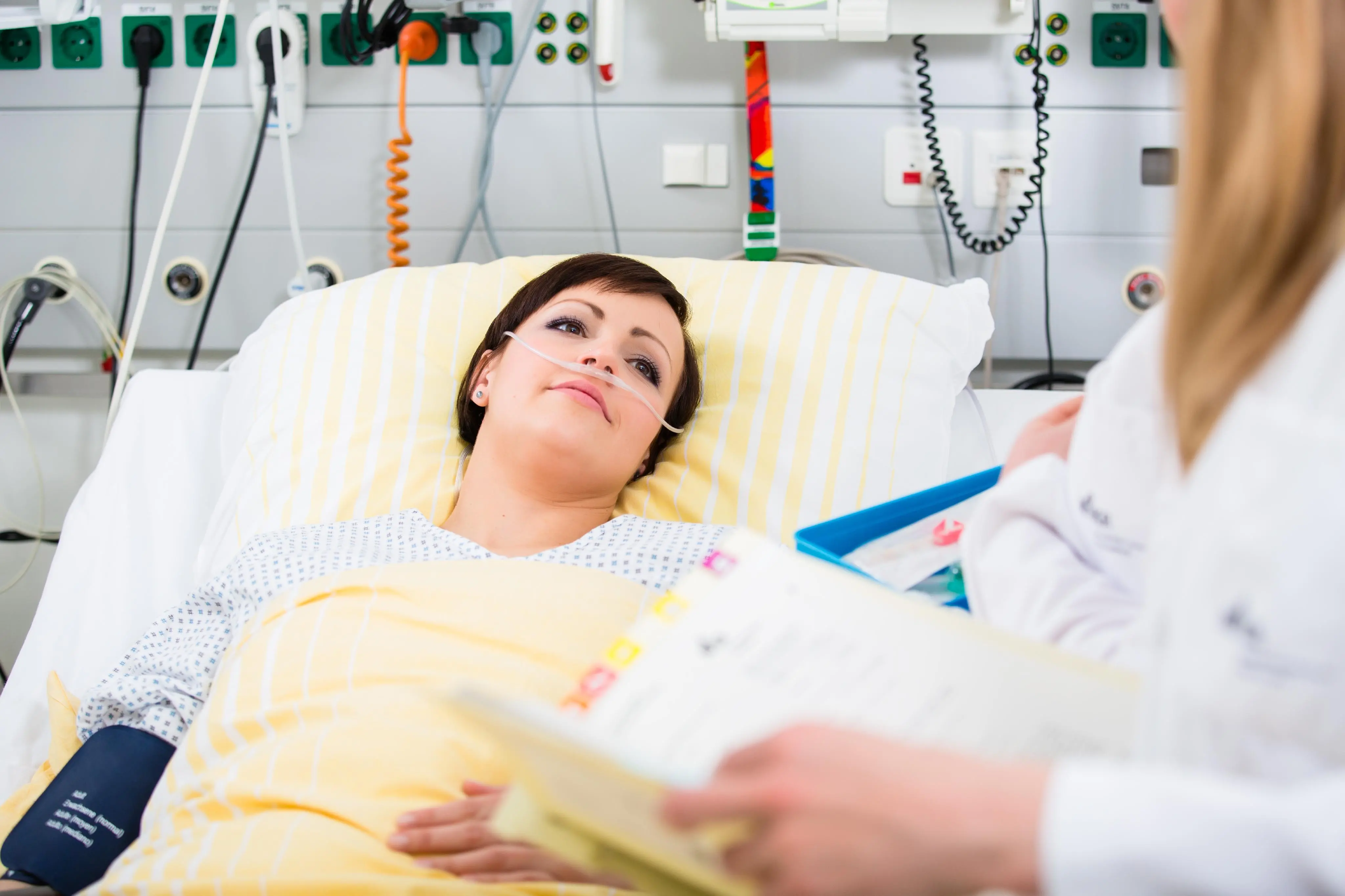- Home
- Medical news & Guidelines
- Anesthesiology
- Cardiology and CTVS
- Critical Care
- Dentistry
- Dermatology
- Diabetes and Endocrinology
- ENT
- Gastroenterology
- Medicine
- Nephrology
- Neurology
- Obstretics-Gynaecology
- Oncology
- Ophthalmology
- Orthopaedics
- Pediatrics-Neonatology
- Psychiatry
- Pulmonology
- Radiology
- Surgery
- Urology
- Laboratory Medicine
- Diet
- Nursing
- Paramedical
- Physiotherapy
- Health news
- Fact Check
- Bone Health Fact Check
- Brain Health Fact Check
- Cancer Related Fact Check
- Child Care Fact Check
- Dental and oral health fact check
- Diabetes and metabolic health fact check
- Diet and Nutrition Fact Check
- Eye and ENT Care Fact Check
- Fitness fact check
- Gut health fact check
- Heart health fact check
- Kidney health fact check
- Medical education fact check
- Men's health fact check
- Respiratory fact check
- Skin and hair care fact check
- Vaccine and Immunization fact check
- Women's health fact check
- AYUSH
- State News
- Andaman and Nicobar Islands
- Andhra Pradesh
- Arunachal Pradesh
- Assam
- Bihar
- Chandigarh
- Chattisgarh
- Dadra and Nagar Haveli
- Daman and Diu
- Delhi
- Goa
- Gujarat
- Haryana
- Himachal Pradesh
- Jammu & Kashmir
- Jharkhand
- Karnataka
- Kerala
- Ladakh
- Lakshadweep
- Madhya Pradesh
- Maharashtra
- Manipur
- Meghalaya
- Mizoram
- Nagaland
- Odisha
- Puducherry
- Punjab
- Rajasthan
- Sikkim
- Tamil Nadu
- Telangana
- Tripura
- Uttar Pradesh
- Uttrakhand
- West Bengal
- Medical Education
- Industry
Discontinuation of nonindicated PPI therapy may cut morbidity and mortality in ICU patients: Study

Discontinuation of nonindicated PPI therapy in ICU may cut morbidity, rehospitalization rate, and mortality suggests a new study published in the Critical care Medicine.
Proton pump inhibitors (PPIs) are among the drugs most commonly used in critically ill patients. Although mainly applied temporarily for stress ulcer prophylaxis, their application is frequently not terminated. Potential adverse effects of PPI treatment could impact the outcome in case of unnecessary and, therefore, avoidable long-term continuation. We tested the hypotheses that nonindicated PPI therapy continued beyond hospital discharge is associated with increased morbidity, rehospitalization rate, and mortality. Nationwide retrospective cohort study considering critically ill patients treated on German ICUs between January, 2017, and December 2018 with a 2-year follow-up.
A total of 591,207 patient datasets of a German healthcare insurer were screened. They identified 11,576 ICU patients who received PPI therapy for the first time during their index ICU stay without indicating its continuation. The cohort was stratified into two groups: 1) patients without further PPI therapy and 2) patients with continuation of PPI therapy beyond 8 weeks after hospital discharge. MEASUREMENTS AND MAIN RESULTS: Frequency of pre-described adverse events associated with PPI therapy, 1-year rehospitalization rate, and 2-year mortality were determined. The proportion of patients with continued PPI therapy without an objectifiable indication was 41.7%. These patients had a 27% greater risk of pneumonia and a 17% greater risk of cardiovascular events (OR 1.17; 95% CI, 1.08-1.26; p < 0.001). Continued PPI therapy was associated with a 34% greater risk of rehospitalization (OR 1.34; 95% CI, 1.23-1.47) and a nearly 20% greater 2-year mortality risk (hazard ratio 1.17; 95% CI, 1.08-1.27; p = 0.006). These data demonstrate that an unnecessary continuation of PPI therapy after hospital discharge may significantly impact morbidity and mortality. To avoid potentially harmful overuse of a PPIs, intensivists should ensure timely cessation of a temporarily indicated PPI therapy.
Reference:
Palmowski L, von Busch A, Unterberg M, Bergmann L, Schmitz S, Schlüter A, Peters J, Adamzik M, Rahmel T. Timely Cessation of Proton Pump Inhibitors in Critically Ill Patients Impacts Morbidity and Mortality: A Propensity Score-Matched Cohort Study. Crit Care Med. 2024 Feb 1;52(2):190-199. doi: 10.1097/CCM.0000000000006104. Epub 2024 Jan 19. PMID: 38240505; PMCID: PMC10793775.
Dr. Shravani Dali has completed her BDS from Pravara institute of medical sciences, loni. Following which she extensively worked in the healthcare sector for 2+ years. She has been actively involved in writing blogs in field of health and wellness. Currently she is pursuing her Masters of public health-health administration from Tata institute of social sciences. She can be contacted at editorial@medicaldialogues.in.
Dr Kamal Kant Kohli-MBBS, DTCD- a chest specialist with more than 30 years of practice and a flair for writing clinical articles, Dr Kamal Kant Kohli joined Medical Dialogues as a Chief Editor of Medical News. Besides writing articles, as an editor, he proofreads and verifies all the medical content published on Medical Dialogues including those coming from journals, studies,medical conferences,guidelines etc. Email: drkohli@medicaldialogues.in. Contact no. 011-43720751


